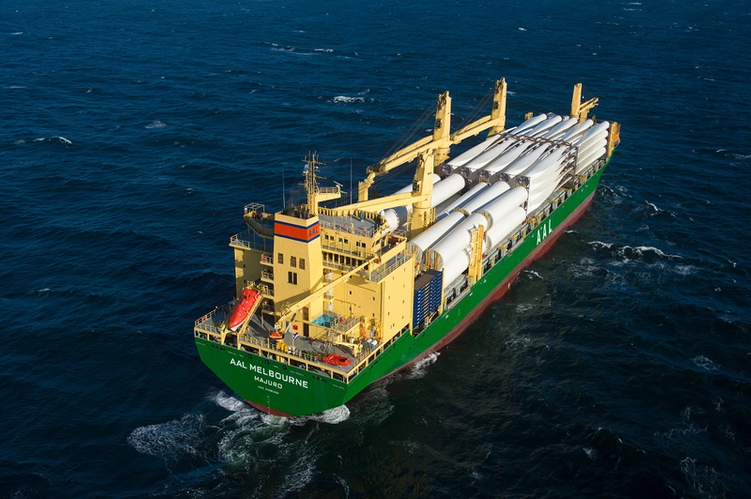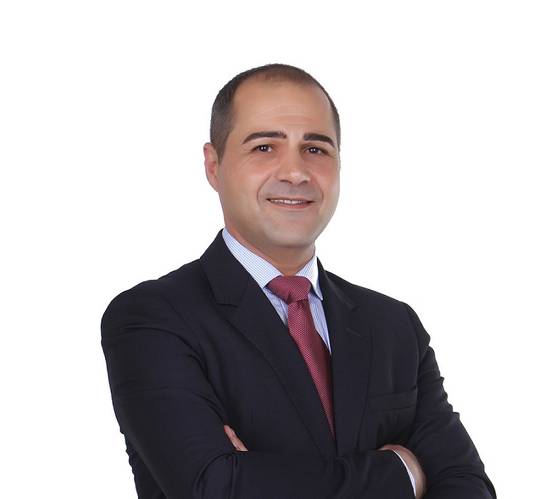AAL’s Adoption Of IMO 2020 Mandates
With widespread discussion and reporting about the IMO 2020 ‘Sulphur Cap’ regulation, coming into effect January 1st 2020, we would like to clarify our position and how we plan to move forward over the coming weeks and months to fully prepare ourselves and our customers for this important and long-awaited milestone in our sector’s history. Kyriacos Panayides, Managing Director, AAL, weighs in on the issues:
The purpose of the new regulation is to reduce sulphur oxide (SOx) levels produced across the entire shipping industry, resulting in more sustainable air quality conditions for those environments in which we operate every day, particularly in coastal and port communities. AAL has served the multipurpose heavy lift sector for 25 years and we welcome the positive global impact it will have on our environment and the health of current and future generations.
Over the past year, we’ve been researching the options available and decided that migration to the use of low sulphur fuel with a sulphur content of 0.5% or less and fully compliant with the IMO legislation will best meet the interests of our customers, trades and industries we service globally. This fuel comprises variants such as Low Sulphur Fuel Oil (LSFO), Ultra Low Sulphur Fuel Oil (ULSFO) and Low Sulphur Marine Gasoil (LS-MGO), all currently more expensive than standard marine fuel. In this respect, not only will adoption of these fuels have profound implications for our planet, but also on the economics of our daily operations.
In the multipurpose shipping sector, we know well that one size does not fit all. Therefore, in consideration of the wide variety of cargo and trades that we handle and manage worldwide, we will be implementing various calculation methodologies to fairly share the increased cost of low sulphur fuel usage with our customers. These measures will come into effect from September 1st 2019, as we start the arduous task of preparing our fleet for low sulphur fuel and begin bunkering same with the intent of being fully compliant with the IMO regulation by year’s end.
















